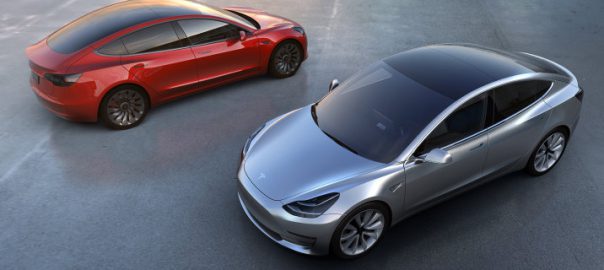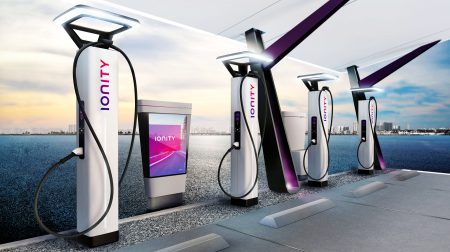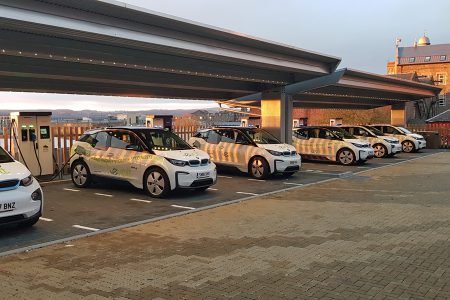The Tesla Model 3’s arrival in the UK has been anticipated for a long time now. The US brand promised it would be an affordable alternative to both conventionally powered and electrified models from other manufacturers, but a number of issues delayed its delivery to some global markets, the UK not least among them.
Finally, though, the wait for British customers is over, with the first UK customer cars being driven off dealer forecourts around the country last week by buyers who put their deposits down two to three years ago.

Tesla is confident enough in the quality of the Model 3 that it’s giving customers a one-week grace period, at any point during which they can give the car back for a full refund. This goes some way towards explaining why a large number of people were happy to commit to buying a car they had never even seen in the metal, let alone driven.
Read more: Driving Electric
















